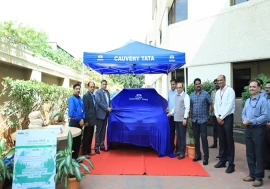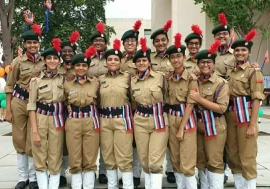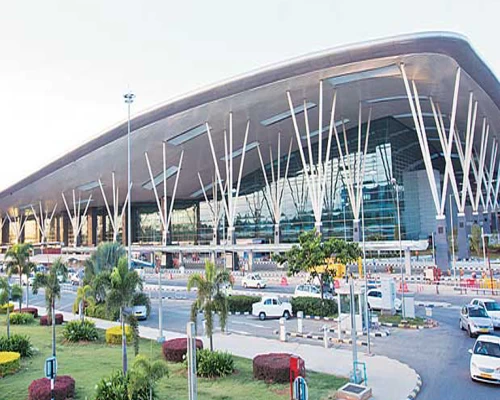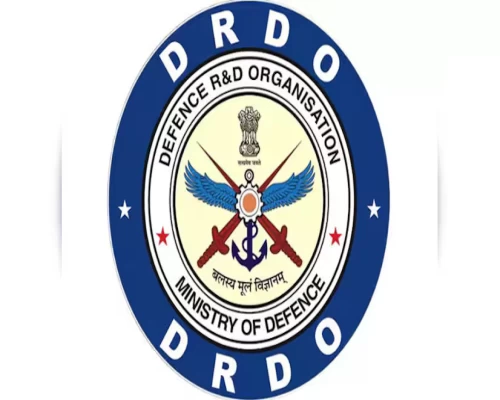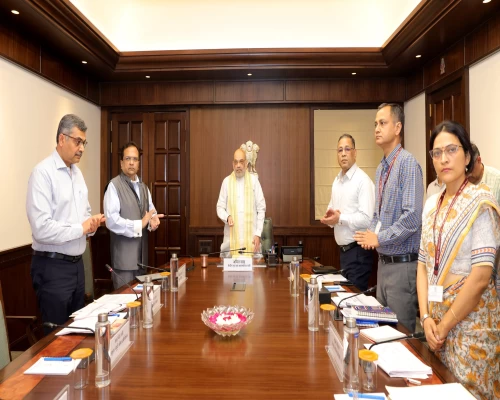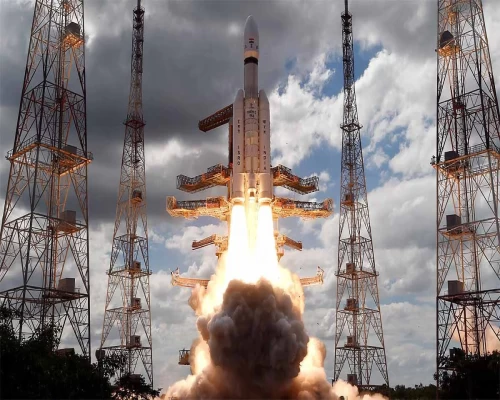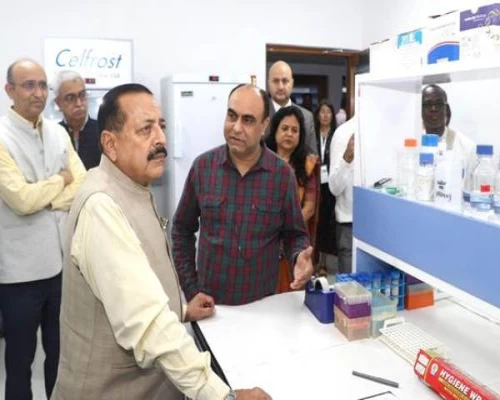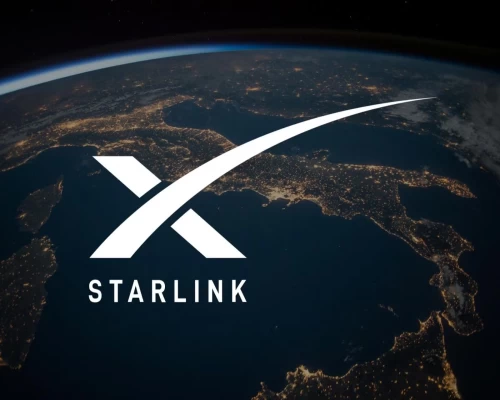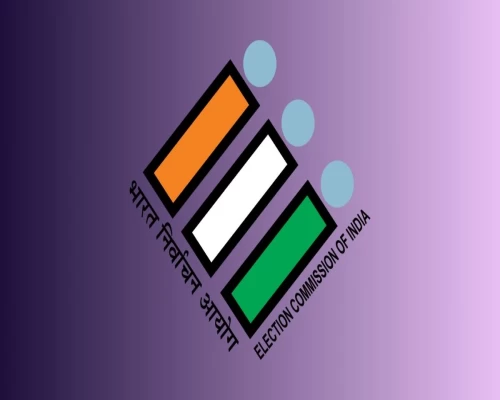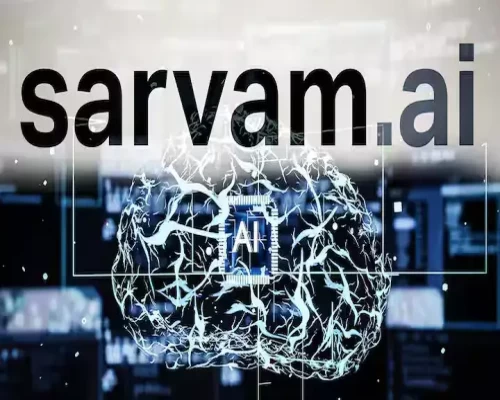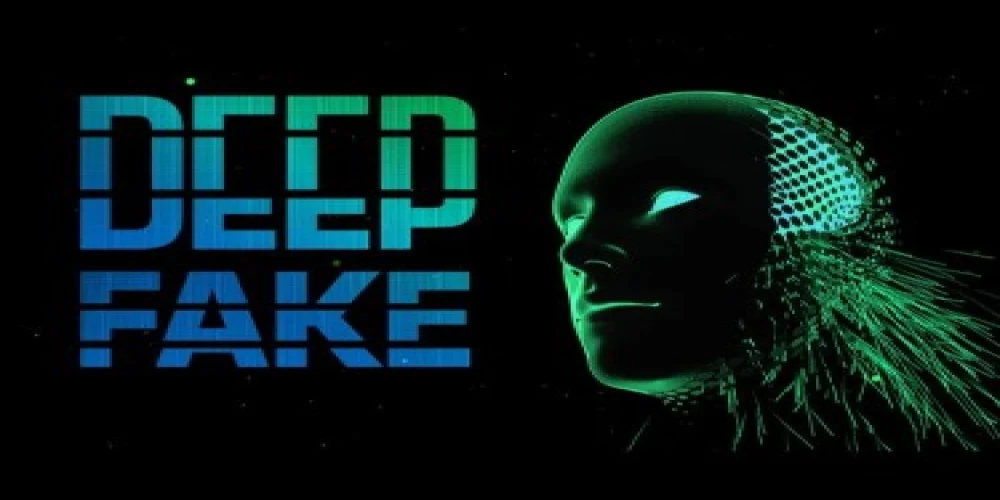
New Delhi: In response to the escalating threat of deepfake technology, the Indian government is gearing up to introduce new regulations to counter the spread of synthetic content online. A recent meeting between IT Minister Ashwini Vaishnaw, social media platforms, technology companies, an industry body, and academics emphasized the urgency of addressing the challenges posed by deepfakes, which the minister referred to as a "new threat to democracy."
Deepfake videos, known for manipulating and superimposing a person's features onto someone else's to create realistic yet entirely fabricated content, have become a global concern. Prime Minister Narendra Modi, speaking during the G20 virtual summit, highlighted the negative impact of artificial intelligence, specifically citing a deepfake video featuring himself engaging in Garba during Navratri festivities.
https://youtu.be/lJNKbk3kfgg?feature=shared
Expressing concern about the erosion of trust in society and institutions due to deepfakes, Vaishnaw stressed the need for immediate action. The government plans to introduce regulations, whether in the form of an act, new rules, or amendments to existing regulations. The focus will be on imposing penalties on both creators and platforms hosting deepfake content, with an emphasis on measures such as watermarking AI-generated content, deploying deepfake detection tools, and establishing rules for data bias, privacy, and safeguards against concentration.
To empower citizens, Minister of State for Electronics and IT Rajeev Chandrasekhar announced that the Ministry of Electronics and Information Technology (Meity) would assist users in easily reporting violations of IT rules and filing FIRs against social media platforms for objectionable content, including deepfakes.
The urgency to address deepfake threats extends beyond politics into various sectors, including finance. Recent incidents, such as an attempted scam on a stock market platform and financial losses due to deepfake voice calls, underscore the need for comprehensive regulations to protect individuals and businesses from the misuse of artificial intelligence.
Celebrities like Rashmika Mandanna, Katrina Kaif, and Kajol have become victims of deepfake videos, highlighting the personal and professional risks associated with this technology. Even industrialist Ratan Tata has not been immune to the potential harm posed by deepfakes. These cases underscore the critical nature of the government's actions to combat deepfakes.
As the government takes steps to address deepfakes, social media companies must adhere to guidelines for identifying and removing misleading content. Prime Minister Modi's call for global collaboration on AI regulations reflects the interconnected nature of the challenge posed by deepfake technology. The commitment to ensuring the safety of AI while promoting its responsible integration underscores India's dedication to navigating the challenges of the digital age and fostering a secure technological landscape for the benefit of the global population. /BI/


